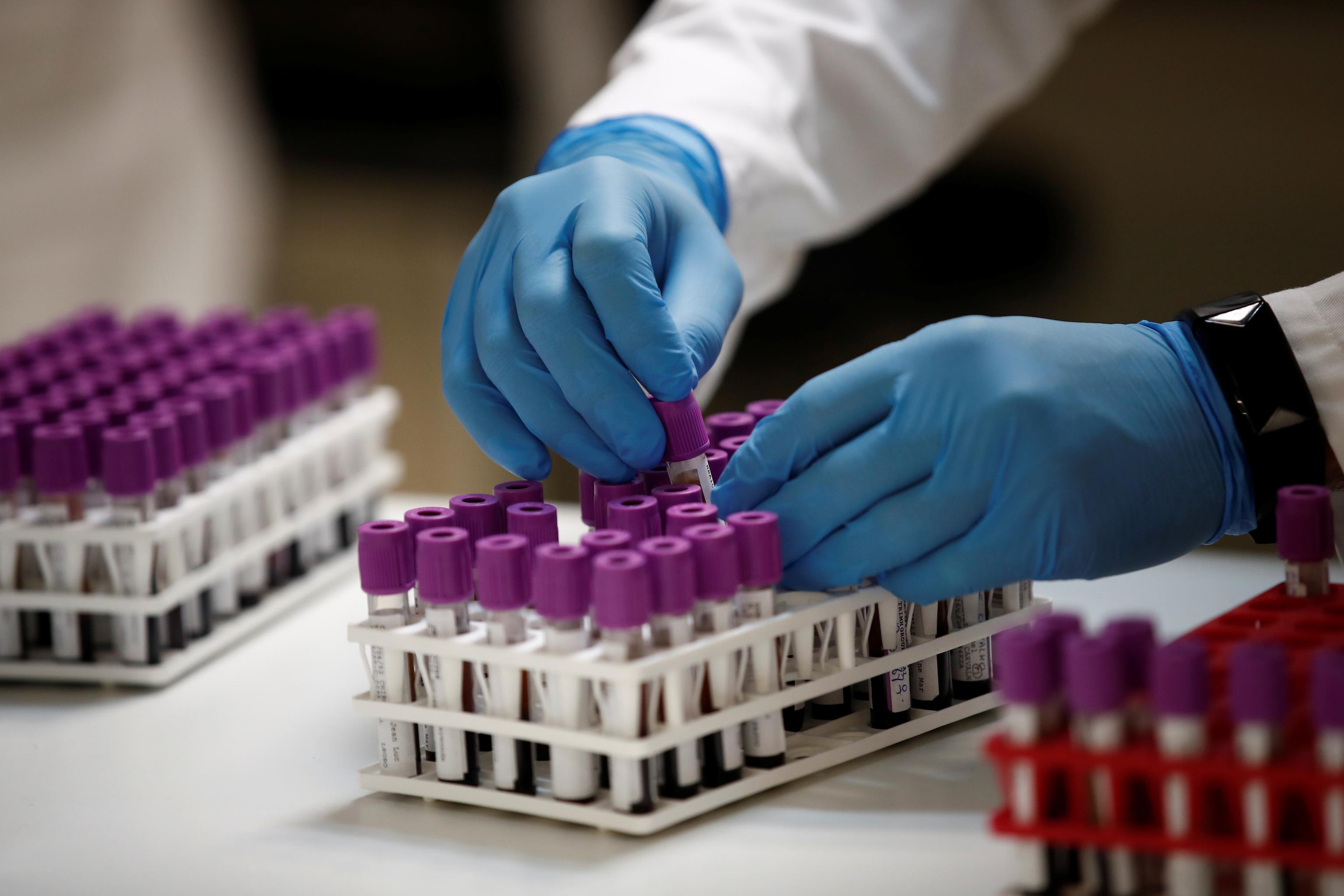New DARPin drugs show promise; 'Good' cholesterol tied to lower risk

The following is a roundup of some of the latest scientific studies on the novel coronavirus and efforts to find treatments and vaccines for COVID-19, the illness caused by the virus.
New 'DARPin' drugs may be superior to antibody drugs
A new class of drugs called DARPins may be better than monoclonal antibodies at neutralizing the coronavirus even when it mutates, researchers wrote in a report on medRxiv published on Wednesday ahead of peer review.
DARPins, which consist of protein structures that play important roles in protein interactions, are smaller and cheaper to produce than monoclonal antibodies.
In laboratory tests, two experimental DARPin drugs - ensovibep and MP0423 - were "highly potent" against mutations of the virus identified in the UK and in South Africa and other variants circulating around the world.
MP0423 targets three proteins on the virus that help it break into cells.
Even if one protein mutates, the drug can still attack the other two and neutralize the virus, the report says.
"These results, combined with the relatively small size and high production yields of DARPin molecules, suggest ensovibep and MP0423 as superior alternatives to monoclonal antibody cocktails," the researchers wrote.
'Good' HDL cholesterol levels tied to lower COVID-19 risks
Healthy levels of "good" HDL cholesterol are associated with a lower risk of severe COVID-19, said a study posted on medRxiv on Jan. 26 ahead of peer review.
Researchers analyzed records of 317,306 participants in the UK Biobank study, including 869 people who were hospitalized for COVID-19.
Participants with healthy HDL levels were at lower risk of becoming infected with the new coronavirus, and those who did become infected were less likely to be hospitalized.
Healthy levels of HDL are at least 40 mg/dL (1 mmol/L) for men and 50 mg/dL (1.3 mmol/L) for women, according to U.S. guidelines.
After taking health behaviors, socioeconomic status and other factors into account, the odds of hospitalization for COVID-19 went down 9% with every 0.2 mmol/L (roughly 8 mg/dL) increase in HDL-cholesterol, the study found.
Earlier studies of Biobank participants found the same inverse relationship between HDL and hospitalizations for other infectious diseases, the authors said.
The study does not prove that HDL itself protects against COVID-19. Still, the authors said, the anti-inflammatory and immune properties of HDL may explain their findings. -- Reuters



